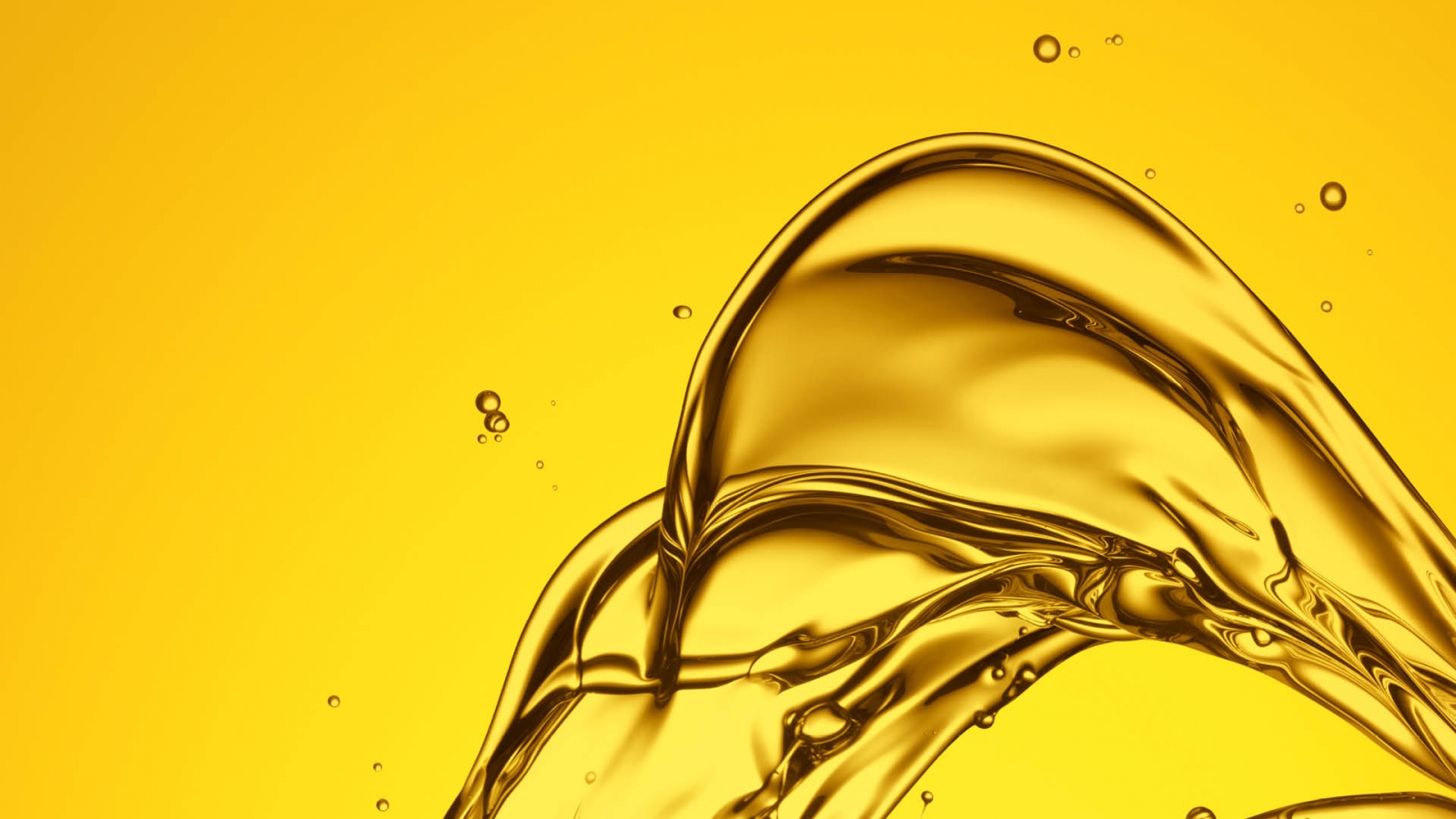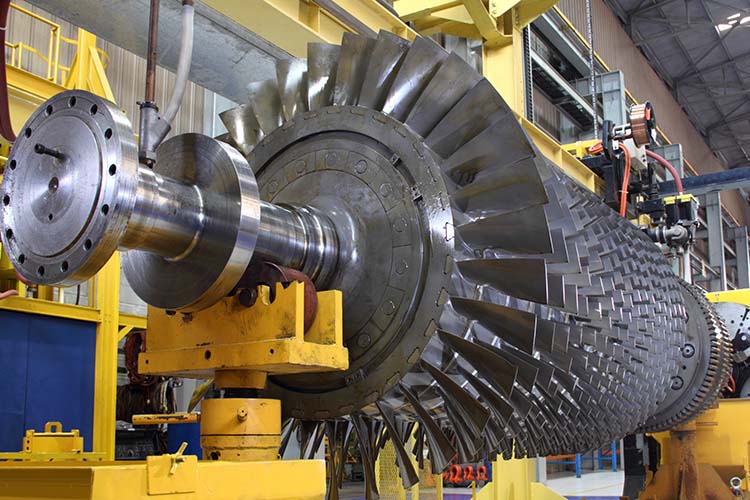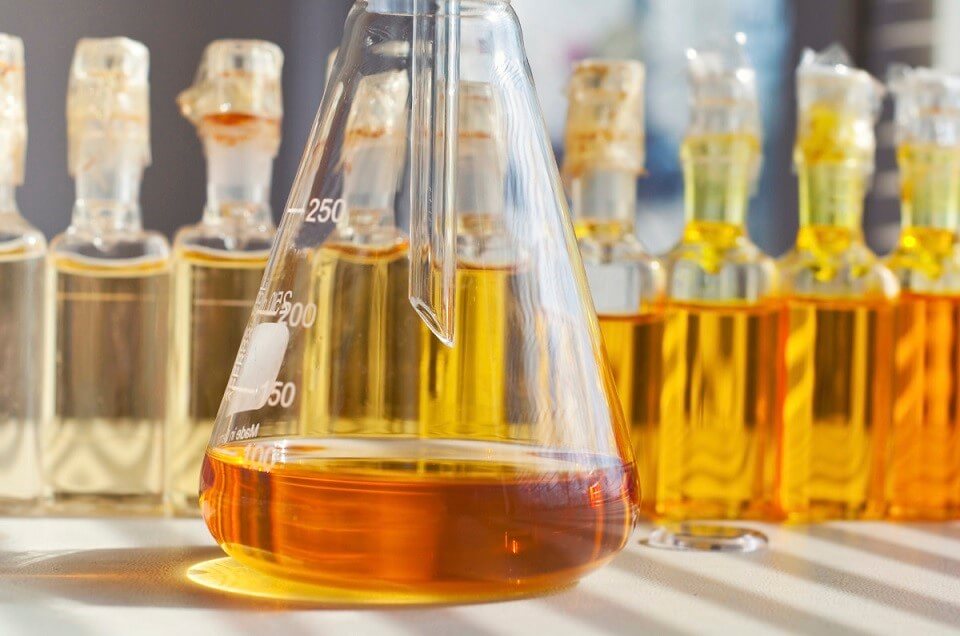
14 Jun Factors to Consider When Changing Your Turbine Oil
Changing your turbine oil depends on its condition rather than changing the oil in intervals. An example would be changing the motor oil in your vehicles. There could also be inconsistency in understanding what conditions give grounds for an oil change.
Inconsistency is due to lack of knowledge in replacing turbine oils. It could cause damage to your equipment once it’s not properly carried out or done. Replacing your turbine oil could also be expensive and could carry risk without the proper knowledge and understanding on fluids. That’s why it’s important to seek help from specialists who are experts in the field.

The replacement of the oil in terms of currency per volume is what one would think about the cost of an oil change. An actual cost could be estimated between two to five times of the oil itself. Any other factors are the cost of labor such as handling, admin work, filter changes, inspection, and system flushing.
Here are some factors that you might want to consider when it comes to changing your turbine oil.
1. Low Oxidation Stability
This is usually determined by a test called the RPVOT. A standard test method for oxidation stability. It was believed that oxidation stability of the oil is related to the levels of antioxidants, although there is no direct correlation with it.
The oxidation stability is determined by a number of factors such as other additive contaminants and degradation products. For managing low oxidation stability, consider an oil change or replenishing the antioxidant system.
2. Low Antioxidant Levels
Monitoring the antioxidant health is of utmost importance when it comes to turbine oil. Changing your antioxidants over time will determine its rate of depletion and will help you decide the ideal time to start before reaching the condemning unit. When your antioxidants have depleted, it’s time to replace and replenish both the oil and the antioxidants.

3. Loss of Water Separability
Turbine oils naturally separate from water since they are non-polar by nature. However, contaminants may introduce polar species into the oil, lowering the demulsibility. It’s not necessary to have your oil changed once the demulsibility is starting to fail. The important action to do when the oil has failing separability is to ensure that your turbine system will be protected with appropriate water removal technology.
4. Incompatibility
This occasionally happens, but an incompatible fluid may get into your turbine oil system and may cause the oil to foam or create two-phase fluids. These are dangerous conditions that need an immediate oil change.
Changing your turbine oil might take a bit much of work, but this is for the durability and protection of your turbine.
Check out our turbine oil offers to find the perfect turbine oil for your engine! For more information, contact our specialists today!
